Date: Wednesday, 28 May 2025 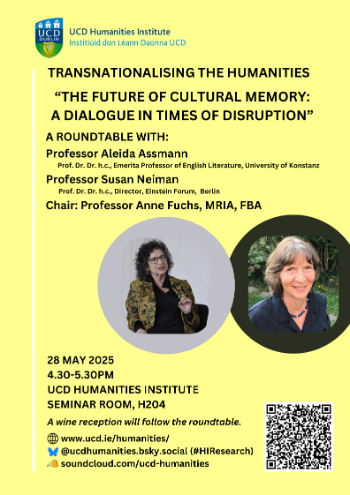
Venue: Humanities Institute (H204 / top floor)
The UCD Humanities Institute is delighted to host a roundtable discussion with two world-renowned public intellectuals: Aleida Assmann (Prof. Dr. Dr. h.c., Emerita Professor of English Literature, | University of Konstanz) and Susan Neiman (Prof. Dr. Dr. h.c., Director, Einstein Forum | Berlin) have made significant public interventions in the ongoing debate on democracy and its institutions, misinformation, anti-Semitism, the war in Gaza, the rise of the far right and the need for a cultural memory that is responsive to global polycrises.
The evidence that we are living in a world of seismic disruption is overwhelming: the unravelling of postwar liberal order and of the transatlantic alliance; the unprecedented decision by the new US government to vote with Russia against a Ukrainian and European backed UN Resolution condemning Russia's war against Ukraine; Trump’s threats to take control of the Panama Canal, Greenland, Gaza and Canada; the unleashing of trade wars; the global erosion of democracy; the rise of the far right in Germany, Europe and globally; the crisis of trust in democratic institutions; malign disinformation campaigns by hostile actors – these are just some examples of cascading and connected crises that threaten the postwar liberal order. In this tumultuous context championing a critical cultural memory based on diversity, equality and inclusion is ever more important. We will discuss the need for critical cultural memory in response to revisionist agendas, while also exploring new approaches that reflect the diverse make-up of contemporary societies.

Aleida Assmann is emerita Professor of English Literature at the University of Konstanz. Her research on cultural memory, its forms and functions has been path-breaking, as manifest in her global recognition. Related areas of her research are: the history of media, the history and theory of reading. In 2014, she received the Heineken Prize for History by the (opens in a new window)Royal Netherlands Academy of Arts and Sciences. In 2017, she was awarded the (opens in a new window)Balzan Prize for Collective Memory together with her late husband, the Egyptologist Jan Assmann. In 2018, Aleida and Jan were awarded the prestigious (opens in a new window)Friedenspreis des Deutschen Buchhandels, honouring their work for "sustainable peace". Since 2020, Assmann has been a member of the order (opens in a new window)Pour le Mérite for Sciences and Arts. In 2021 she was elected a Corresponding Fellow of the British Academy. Her work has been translated into many languages. Publications in English include: Memory in a Global Age. Discourses, Practices and Trajectories (ed. with Sebastian Conrad, 2010), Cultural Memory and Western Civilization: Functions, Media, Archives (2012), Shadows of Trauma. Memory and the Politics of Postwar Identity (2016). Is the Time Out of Joint? On the Rise and Fall of the Modern Time Regime (2020).
Susan Neiman is a US American philosopher, cultural commentator, essayist and public intellectual. She has written extensively on the juncture between moral philosophy, metaphysics, and politics, both for scholarly audiences and the general public. She currently lives in Germany, where she is the Director of the Einstein Forum. Born in Atlanta, Georgia, Neiman studied philosophy at Harvard, completing her Ph.D. under John Rawls and Stanley Cavell. She also studied at the Freie Universität Berlin, and was professor of philosophy at Yale and Tel Aviv University. Her books, translated into many languages, include Slow Fire: Jewish Notes from Berlin (1992, new ed. 2010); The Unity of Reason: Rereading Kant (1994), Evil in Modern Thought (2002); Fremde sehen anders (2005); Moral Clarity: A Guide for Grown-up Idealists (2008); Why Grow Up? (2016); Widerstand der Vernunft. Ein Manifest in postfaktischen Zeiten (2017); Learning from the Germans: Race and the Memory of Evil (2019); and Left is not Woke (2024). She has also published over one hundred essays in many newspapers, magazines and journals. She is a member of the Berlin-Brandenburg Academy of Sciences and the American Philosophical Society.
 - HI talk 25 Nov 25 -350x346.png)


 v2-350x188.png)


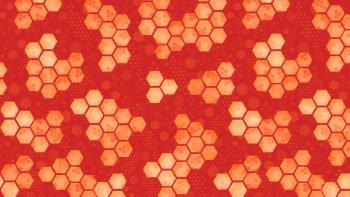




 The UCD Humanities Institute (HI) is delighted to announce our first major event as part of the ‘
The UCD Humanities Institute (HI) is delighted to announce our first major event as part of the ‘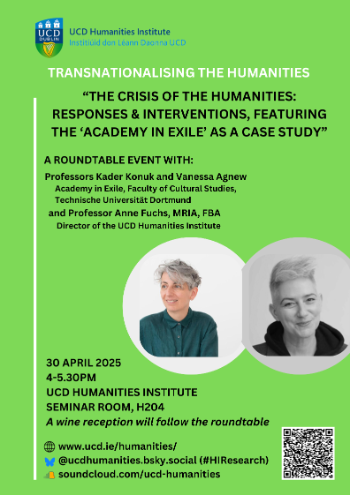
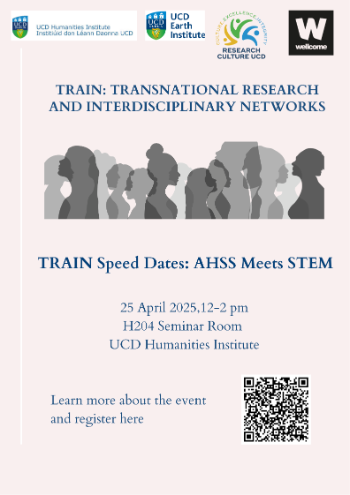


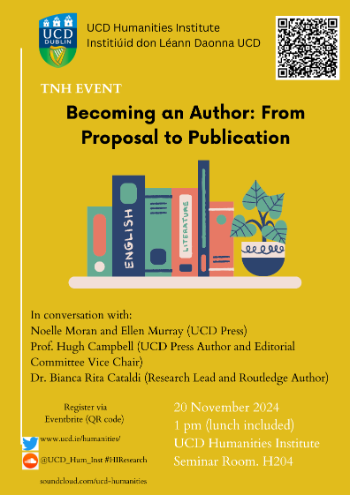
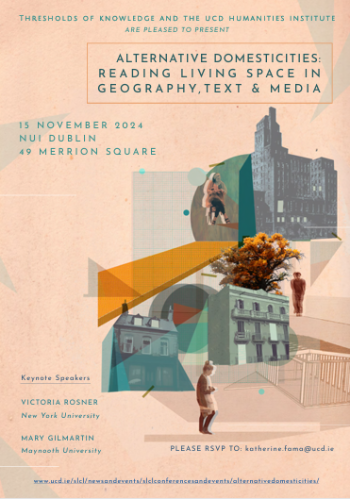




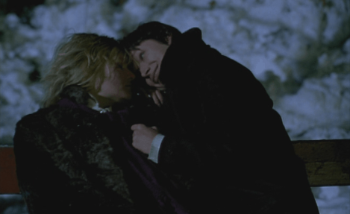
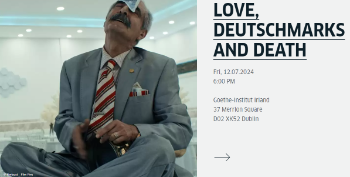
-350x467.jpg)
-350x241.png)


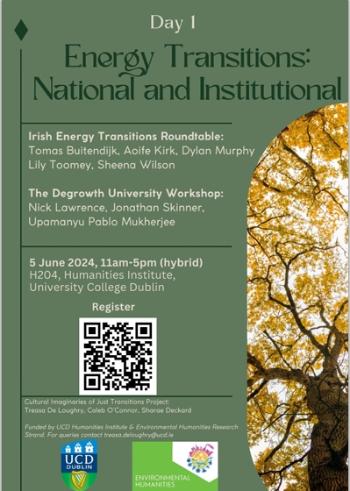
-350x497.jpeg)




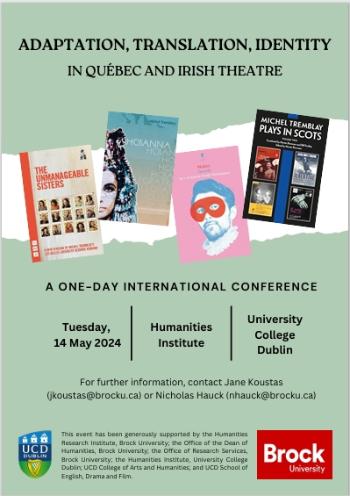

-350x350.jpg)






 honoured to host the first Multilingualism in Ireland conference, September 7th–8th 2023. The conference will be held in person with the opening roundtable and closing multilingual poetry reading broadcast live on YouTube. Between these two key events, there will be a series of presentations on aspects of multilingualism in Ireland, including acquisition, policy and communities.
honoured to host the first Multilingualism in Ireland conference, September 7th–8th 2023. The conference will be held in person with the opening roundtable and closing multilingual poetry reading broadcast live on YouTube. Between these two key events, there will be a series of presentations on aspects of multilingualism in Ireland, including acquisition, policy and communities.